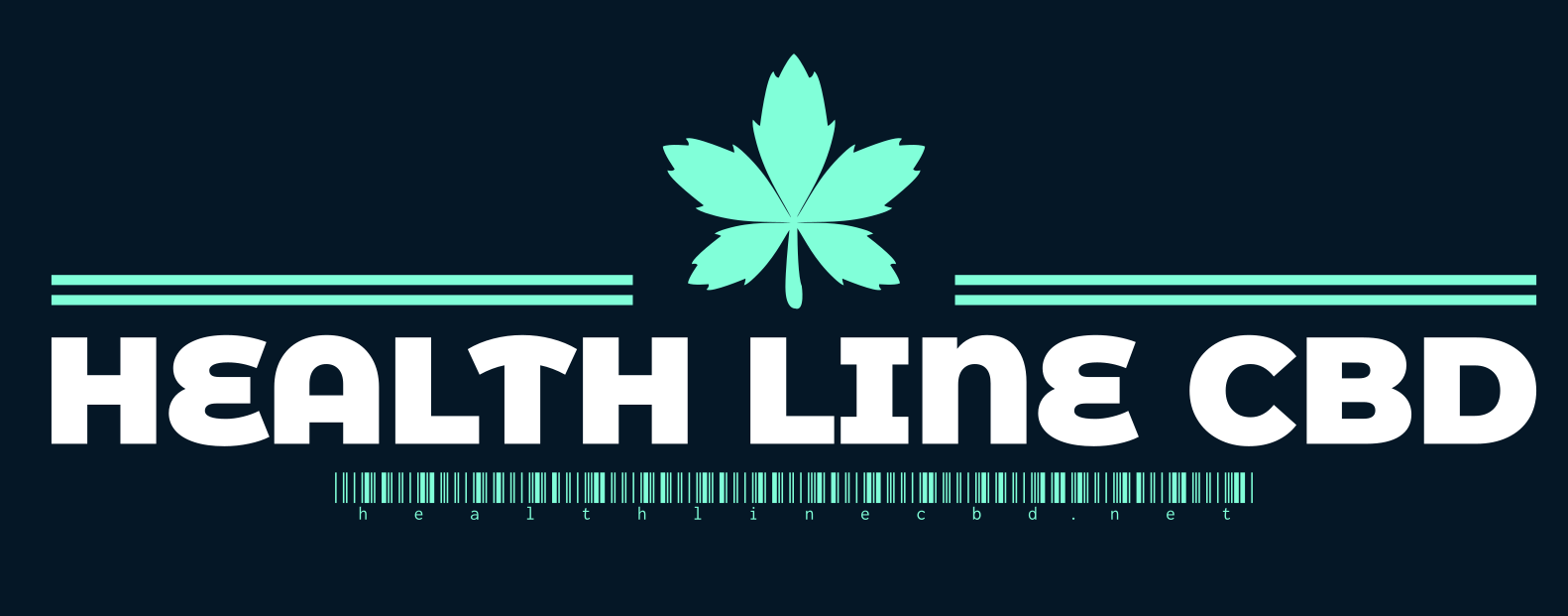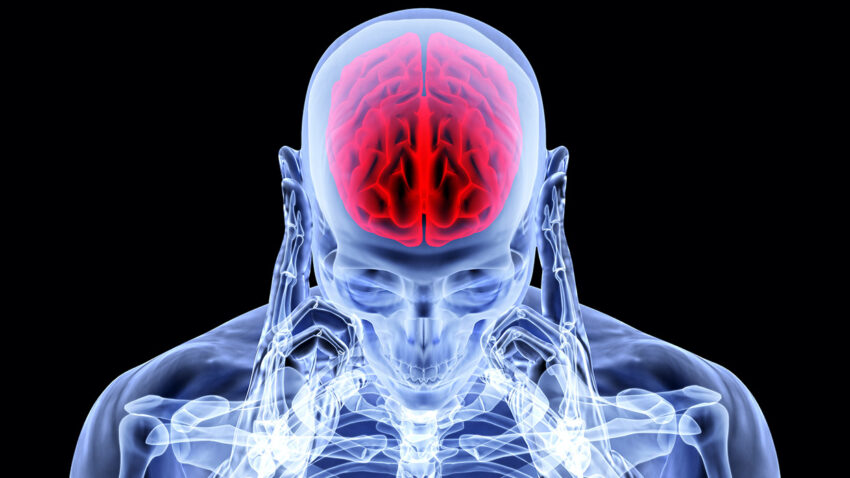Introduction
Nootropics, often referred to as “smart drugs” or cognitive enhancers, have gained significant attention for their potential to enhance cognitive function, memory, and overall mental clarity. Among the multitude of nootropics available, Rhodiola Rosea, an adaptogenic herb with a long history of use in traditional medicine, has emerged as a natural substance with cognitive-enhancing properties. In this comprehensive guide, we will delve into the science behind Rhodiola Rosea nootropics, their potential benefits, recommended dosages, safety considerations, and practical applications.
Table of Contents
- Introduction to Rhodiola Rosea Nootropics
- The Science Behind Rhodiola Rosea’s Cognitive Effects
- Benefits of Rhodiola Rosea Nootropics
- Enhanced Cognitive Function
- Stress Reduction
- Improved Mood
- Fatigue Reduction
- Recommended Dosages
- Potential Side Effects and Safety Considerations
- Stacking Rhodiola Rosea with Other Nootropics
- Practical Applications and Considerations
- Conclusion
Introduction to Rhodiola Rosea Nootropics
Rhodiola Rosea, also known as “golden root” or “Arctic root,” is a flowering plant that grows in the cold regions of the world, particularly in Europe and Asia. It has a rich history of traditional use in these regions for various health benefits, including cognitive enhancement and stress reduction. Rhodiola Rosea is considered an adaptogen, which means it helps the body and mind adapt to stress and maintain balance.
The Science Behind Rhodiola Rosea’s Cognitive Effects
The cognitive benefits of Rhodiola Rosea are associated with its active compounds, which include salidroside and rosavins. Here’s how Rhodiola Rosea may influence cognitive function:
- Stress Reduction: Rhodiola Rosea is believed to help reduce the effects of stress by regulating the body’s stress response and cortisol levels. This can lead to improved cognitive function under stress.
- Enhanced Neurotransmitter Function: Rhodiola Rosea may support the function of neurotransmitters like serotonin and norepinephrine, which play a role in mood and focus.
- Mitochondrial Function: It is thought to enhance mitochondrial function, which can lead to increased energy production in brain cells and improved cognitive clarity.
Benefits of Rhodiola Rosea Nootropics
Enhanced Cognitive Function
Rhodiola Rosea nootropics offer several cognitive benefits:
- Improved Focus: By reducing the effects of stress, Rhodiola Rosea can enhance focus and attention, making tasks that require concentration more manageable.
- Enhanced Memory: Some users report improvements in memory recall and overall cognitive function.
- Cognitive Clarity: By regulating neurotransmitter function and supporting mitochondrial activity, Rhodiola Rosea may lead to improved cognitive clarity.
Stress Reduction
Stress reduction is a prominent benefit:
- Cortisol Regulation: Rhodiola Rosea helps regulate cortisol levels, reducing the physical and cognitive effects of stress on the body.
- Adaptogenic Properties: As an adaptogen, Rhodiola Rosea helps the body adapt to and manage stress, promoting overall cognitive resilience.
Improved Mood
Rhodiola Rosea can positively influence mood:
- Mood Enhancement: Some users experience an improved sense of well-being and reduced symptoms of depression and anxiety.
- Serotonin Regulation: Rhodiola Rosea may influence serotonin levels, which are linked to mood regulation.
Fatigue Reduction
Rhodiola Rosea is known for its potential to reduce fatigue:
- Physical Fatigue: It may help combat physical fatigue, enhancing endurance and overall stamina.
- Mental Fatigue: Rhodiola Rosea can reduce mental fatigue, improving alertness and cognitive performance.
Recommended Dosages
The optimal dosage of Rhodiola Rosea nootropics can vary depending on individual factors such as age, body weight, and specific health objectives. Common dosages typically range from 200 mg to 600 mg per day, usually taken in one or two divided doses.
It is advisable to start with a lower dose and gradually increase it to determine the optimal level for you. Consulting a healthcare professional before starting any new supplement regimen is recommended, particularly if you have underlying medical conditions or are taking other medications.
Potential Side Effects and Safety Considerations
Rhodiola Rosea is generally considered safe when used as directed. However, some individuals may experience mild and transient side effects, including:
- Upset stomach
- Insomnia (rare)
These side effects are typically mild and temporary, but if they persist or worsen, it’s advisable to reduce the dosage or discontinue use. Rhodiola Rosea is generally well-tolerated, but it’s important to consult a healthcare professional, especially if you have underlying health concerns.
Stacking Rhodiola Rosea with Other Nootropics
Stacking Rhodiola Rosea with other nootropics can enhance its effects and provide a more comprehensive cognitive enhancement strategy. Some popular stacks include:
- Rhodiola Rosea and Bacopa Monnieri: This combination may offer a balanced approach to cognitive enhancement, supporting both memory and cognitive clarity.
- Rhodiola Rosea and Ginkgo Biloba: This stack can further enhance cognitive function, particularly focus and memory.
- Rhodiola Rosea and L-Theanine: Combining Rhodiola Rosea with L-Theanine, an amino acid found in tea, can promote a calm and focused state of mind.
Creating your own nootropic stack should involve careful consideration and experimentation to determine what works best for your specific needs and objectives.
Practical Applications and Considerations
Before incorporating Rhodiola Rosea nootropics into your daily routine, here are some practical considerations:
- Individual Response: Keep in mind that individuals may respond differently to nootropics. Start with a lower dose of Rhodiola Rosea and gradually increase it to find the optimal level for you.
- Consult a Healthcare Professional: It’s wise to consult a healthcare professional before beginning any new supplement regimen, especially if you have pre-existing medical conditions or are taking other medications.
- Quality Matters: Ensure that you purchase high-quality Rhodiola Rosea from reputable manufacturers. Quality can vary between brands, so it’s important to choose a trustworthy source for your supplement.
- Lifestyle Factors: Nootropics, including Rhodiola Rosea, should complement a healthy lifestyle. Regular exercise, a balanced diet, adequate sleep, and stress management are fundamental for maintaining cognitive function.
Conclusion
Rhodiola Rosea nootropics offer a promising natural approach to enhancing cognitive function, reducing stress, improving mood, and reducing fatigue. As an adaptogen, Rhodiola Rosea plays a vital role in promoting overall cognitive resilience in the face of stress. While not traditionally classified as a nootropic, the potential cognitive benefits of Rhodiola Rosea, driven by its active compounds and adaptogenic properties, make it an intriguing addition to the toolkit
- CBD GUMMIES By FabCBD-In-Depth Analysis Uncovering the Best CBD Gummies - March 22, 2024
- HEMP PRE-ROLLS BY PlainJane-Exploring the Top Hemp Pre-Rolls A Comprehensive Review - March 2, 2024
- Benefits of Rhodiola Rosea Nootropics - October 13, 2023


